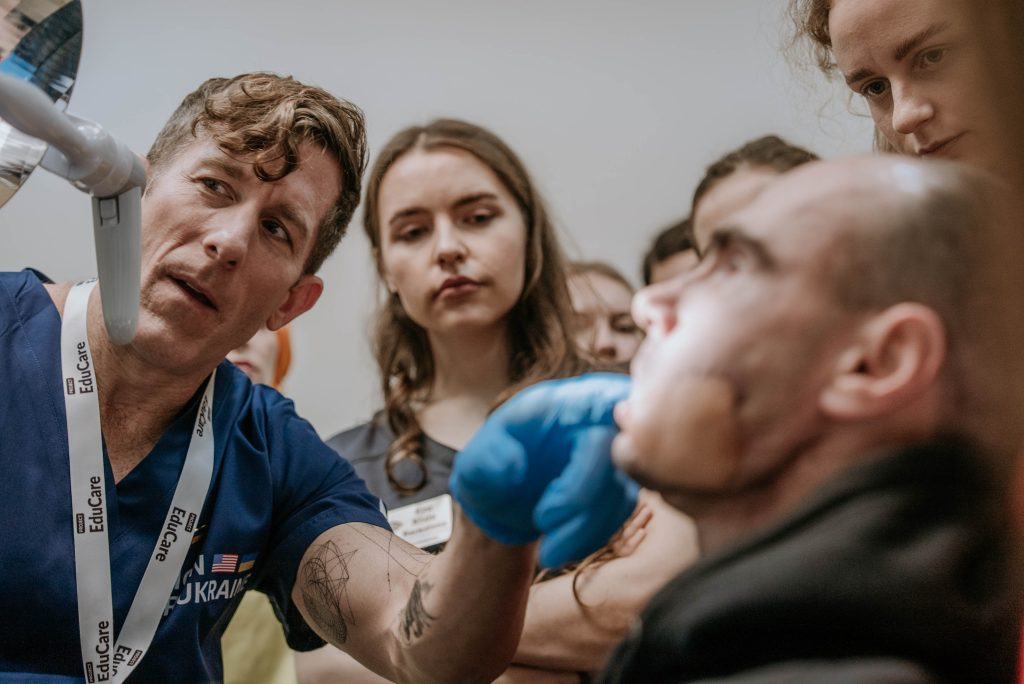By Melissa Fuson, Vitals contributor
To enjoy the best of summer with your kids—from camping trips to cookouts, swim parties and baseball games —pediatricians recommend keeping in mind some basic summertime safety tips.
Water Safety
Drowning is the leading cause of death for kids between the ages of 1 and 4. That age group saw a 28% increase in drowning fatalities between 2019 and 2022. This increase may be linked to the pandemic—a time during which public pools closed and children were often not able to access swim lessons.

Dr. Claire Unis
Dr. Claire Unis, a pediatrician with Sutter Medical Group in Auburn, recommends parents enroll children ages 6 months to 6 years in Infant Swimming Resource lessons. Focused on drowning prevention, ISR lessons teach kids to self-rescue by floating on their backs if they fall into water.
“ISR focuses on skills needed to stay alive until help arrives,” says Dr. Unis. “These lessons are much more helpful than floaties, which give a false sense of security.”
Sun Safety
Sunburns can be terribly painful—and can cause lasting damage to your skin. Dr. Lori Kandel, a Sutter Palo Alto Foundation Medical Group pediatrician in Sunnyvale, recommends keeping a few key things in mind for the safety of kids and babies in the sunshine:
- Dress kids in cool, comfortable clothing that covers the body, and a hat with an all-around 3-inch brim to shield the face, ears and back of the neck.
- Limit sun exposure between 10 a.m. and 4 p.m., when UV rays are strongest.
- Apply a broad-spectrum sunscreen with SPF 15-50 every two hours and after swimming.

Dr. Lori Kandel
“There are also zinc sunscreens for sensitive areas, like the nose, cheeks, tops of the ears and shoulders, that come in fun colors that kids like,” Dr. Kandel says.
Heat Exhaustion & Dehydration
“High temperatures and extreme heat can cause children to become very sick and dehydrated, very quickly,” says Dr. Unis.
She recommends taking several steps to protect kids when it’s especially hot outside— especially if a family doesn’t have air conditioning at home:
- Encourage kids to drink often—and before they ask for it. Babies can nurse more or be given additional bottles of formula; those over 6 months old can have water.
- Plan for extra rest time: Heat can often make children (and their parents) feel tired and irritable. “Take a break somewhere cool, especially during the warmest part of the day,” she says.
Note: This content is not intended to be a substitute for professional medical advice, diagnosis or treatment. Always seek the advice of your physician or other qualified health provider with any questions you may have regarding a medical condition. Never disregard professional medical advice or delay in seeking it because of something you have read on this website.





